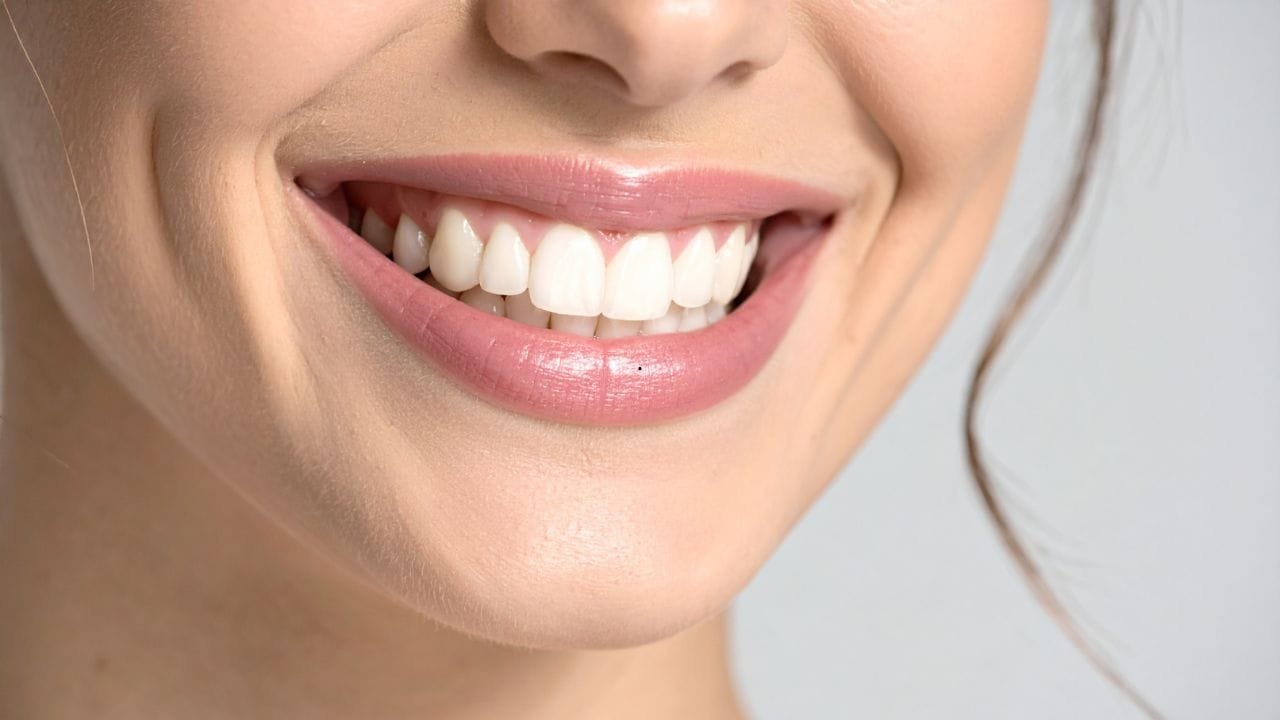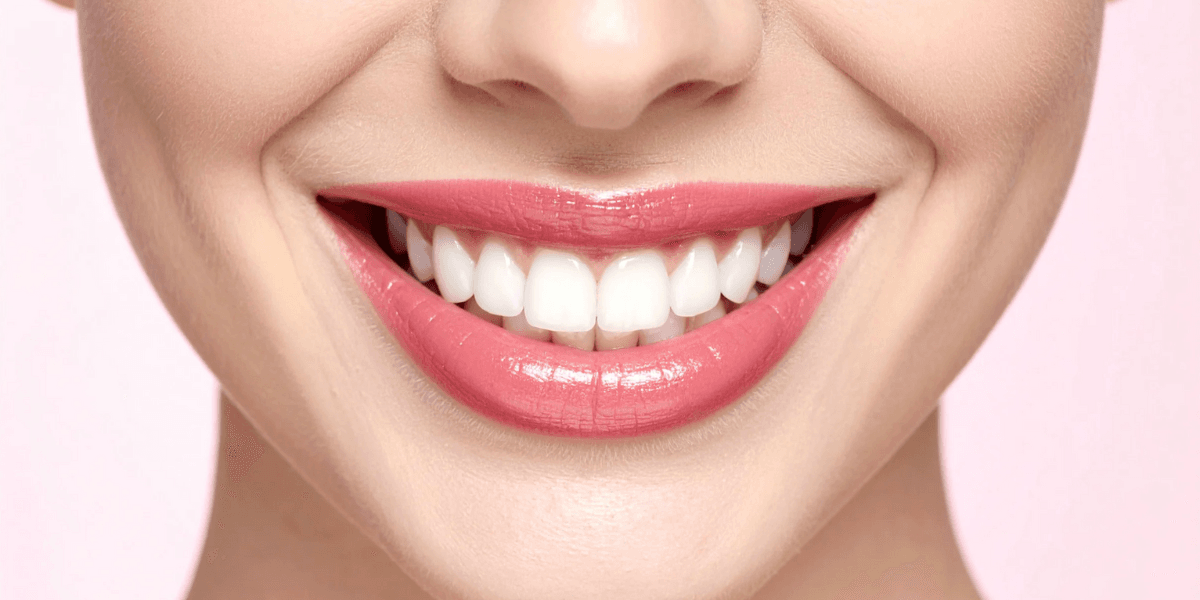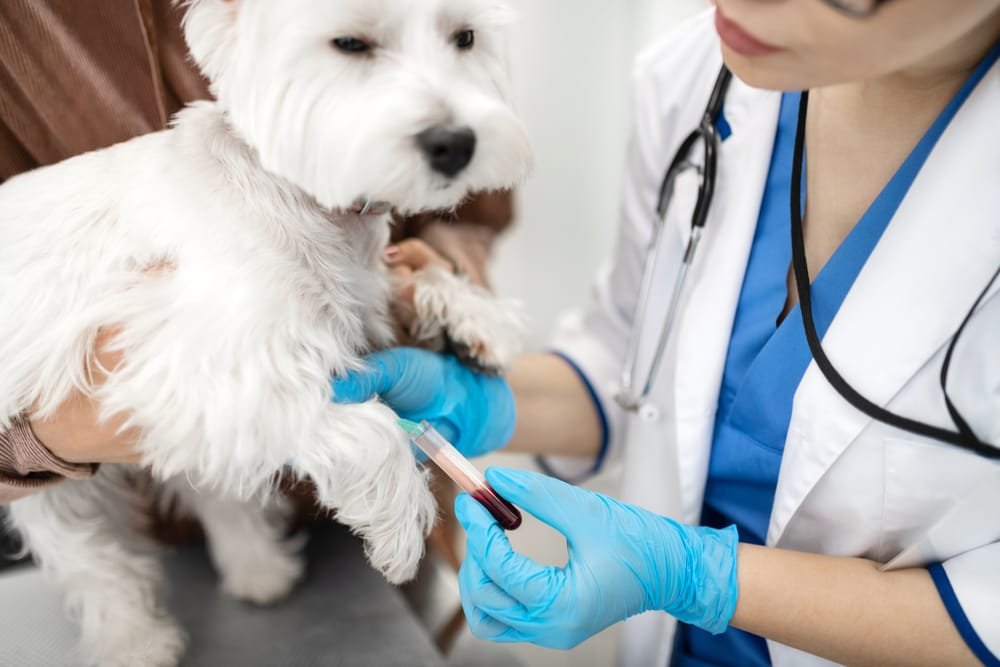Caring for your smile is more than just visiting the dentist in Chase, BC. You play a crucial role in keeping your teeth healthy. You likely know that brushing and flossing are key. Yet, many don’t realize the importance of how they do it. Use a soft-bristled brush. Brush your teeth in gentle, circular motions. Floss daily to remove food particles your toothbrush can’t reach. Eating well also impacts your smile. Sugary snacks might be tempting, but they can harm your teeth. Drink water to help rinse away food debris and bacteria. Regularly checking your mouth for changes, like unusual sores or spots, is essential. These simple actions help protect your teeth and gums until your next visit. Your commitment to these habits not only boosts your confidence but also supports your overall well-being. Let’s explore how you can keep your smile strong and bright between those dental appointments.
Effective Brushing Techniques
You might think brushing is a no-brainer, but brushing correctly can make a big difference. Many people brush for less than the recommended two minutes. Set a timer to ensure you’re giving each tooth the attention it deserves. Choose a toothbrush with soft bristles to prevent gum injury. Replace it every three to four months. Electric toothbrushes offer an effective alternative if you prefer an automatic option.
The Importance of Flossing
Flossing once a day can significantly improve oral health. This simple task removes plaque and food particles from between your teeth. Don’t rush through flossing. Gently move the floss up and down, following the curve of each tooth. If you find flossing difficult, consider using interdental brushes or picks. These tools can be easier to handle and equally effective. For more tips on proper flossing technique, visit the Centers for Disease Control and Prevention.
Role of Nutrition
Your diet impacts your oral health. Calcium-rich foods strengthen your teeth. Foods like cheese, yogurt, and almonds are excellent choices. Leafy greens and fruits not only keep your smile bright but also support your overall health. Avoid sticky and sugary foods. If you do indulge, rinse your mouth with water afterward.
Hydration and Its Impact
Staying hydrated is key to maintaining your oral health. Water helps wash away food debris and keeps your mouth moist, reducing the risk of decay. Chewing sugarless gum can also increase saliva production, which helps protect your teeth. Always opt for fluoridated water, as it helps prevent tooth decay. For more information on fluoride and dental health, visit the American Dental Association.
The Smoking Factor
Smoking poses serious risks to your oral health. Tobacco stains teeth, causes gum disease, and increases your risk of oral cancer. Quitting smoking is one of the best choices you can make for your smile and overall health. Seek support if you’re considering stopping. Many resources are available to help you make this positive change.
Monitoring Oral Health
Keep an eye on your oral health between dental appointments. Regularly check your mouth for sores, spots, or changes. If you notice something unusual, don’t wait. Promptly contact your dentist. Early detection of issues like cavities or gum disease makes treatment easier and more effective.
Routine Dental Visits
Regular dental visits are essential. They allow your dentist to spot potential problems early. Professional cleanings remove plaque that regular brushing and flossing can’t. Aim for at least two visits a year, or as recommended by your dentist. Consistency in these visits plays a vital role in preserving your oral health.
Comparison of Tips for Daily Oral Care
| Tip | Benefit |
|---|---|
| Brush Twice Daily | Removes plaque and prevents cavities |
| Floss Daily | Prevents gum disease and tooth decay |
| Eat Healthy Foods | Strengthens teeth and supports overall health |
| Drink Water Regularly | Rinses away food particles and hydrates |
By taking these simple steps, you ensure a happy, healthy smile between dental visits. Your diligence now can prevent more complicated problems later. Keep brushing, flossing, and checking your mouth. Your smile—and your health—will thank you.



